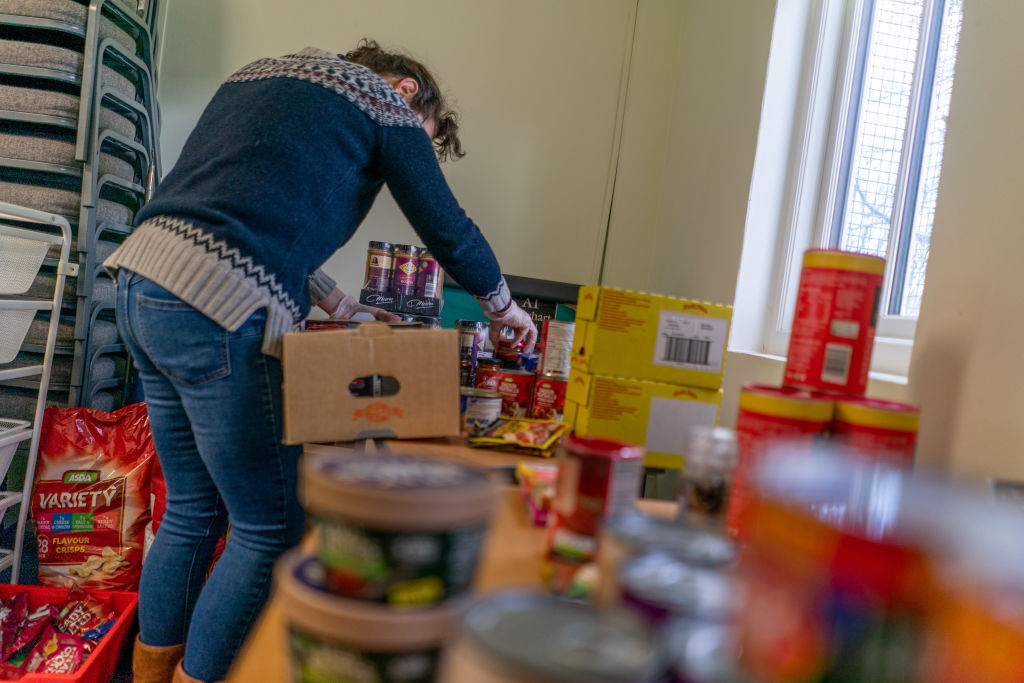If time is money, volunteering should form a central part of our economy and careers

IT IS sobering to imagine what would become of the UK if, one morning, all its 16.3 million volunteers woke up and decided to no longer offer their support.
Businesses, charities, community services, healthcare – every part of our economy would grind to a halt with the realisation of how much we take these dedicated people for granted.
Many City firms play a part in supporting the voluntary sector but there is scope to step up to the plate and do even more. And there is a growing awareness of the role that they can play.
Put frankly, it is in everyone’s interests – both for companies, employees, and the community – for firms to throw their corporate muscle behind “giving schemes”.
Businesses have the power to act as a driving force, empowering staff to give their time and expertise for the benefit of society, in the spirit of the army of heroic volunteers who put themselves at risk to put jabs in the arms of millions of people during the pandemic.
Volunteers are an essential part of our economy, honoured by National Volunteer Week. Through their sacrifice, commitment, and positivity, they help our society prosper.
There are as many ways of calculating the value of volunteering as there are ways to volunteer. But research by the Office for National Statistics puts its annual value to the UK economy at £23bn – just a few million pounds off the country’s total goods exports for this March.
This figure is underpinned by the often unsung work of business volunteers. Whether it’s law firms giving pro-bono legal advice, or staff from City banks helping students from deprived backgrounds with their maths skills, companies can use their practical and professional talents to make a big difference.
Business volunteering improves your workforce, as employees learn new skills, grow in confidence, and develop teamwork. And it contributes towards corporate social responsibility, raises your business profile, and helps enhance your brand.
Volunteering can help your career, too. For employers it’s a hugely attractive addition to your CV, and helps enhance the competitiveness of London’s workforce, making us as innovative as we are altruistic.
It’s clear how economically powerful that desire to volunteer is. Many people may not necessarily view it this way, but this research reaffirms that old cliché: time is money. But unlike a financial investment, people giving up their time often do not see a tangible return. If we want to support our volunteers – and help build a stronger economy – we must resource our charities and volunteering organisations.
The City of London Corporation’s charity funder – City Bridge Trust – recently gave £15.5m to the London Community Response Fund, set up to help charities on the frontline during the pandemic, on top of the £25m a year it gives out to charities across the capital.
Working in a coordinated way with the capital’s other major funders helped in the immediate fight against Covid – supporting the millions of helping hands in testing centres, in our hospitals and in our care homes – as well as supported the capital’s economic recovery.
The value of volunteering is unquestionable. It boosts our economy and shapes the lives of those who offer help – and those who receive it.
Let us step up and help out. The hour you give could add days, weeks, and years to the life of someone who needs it most.
